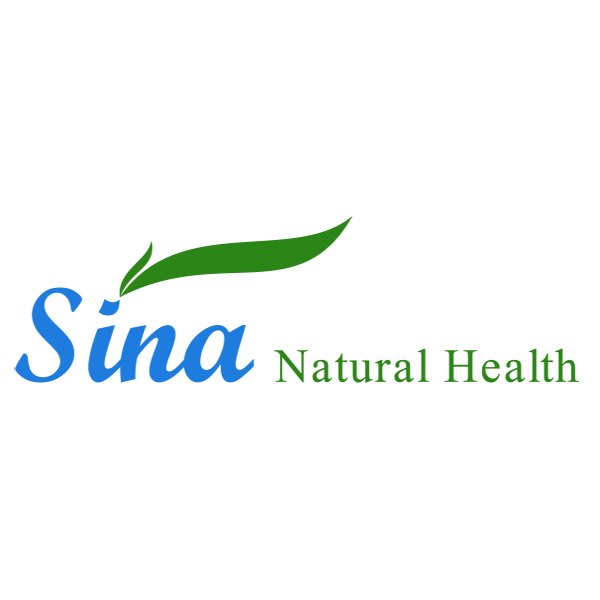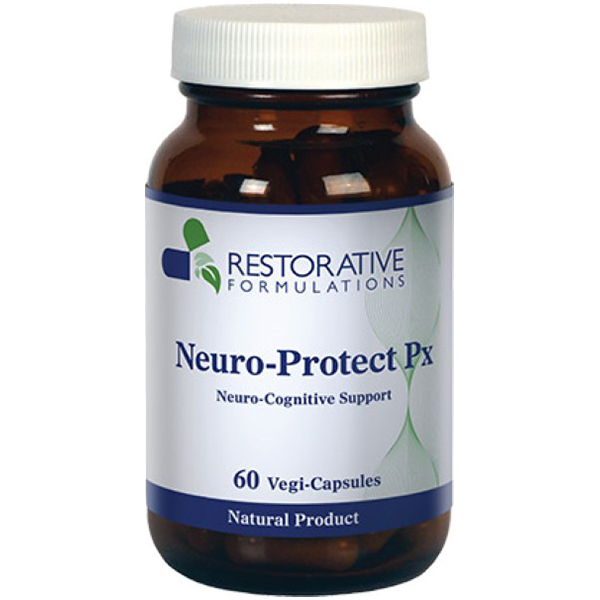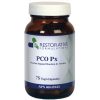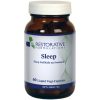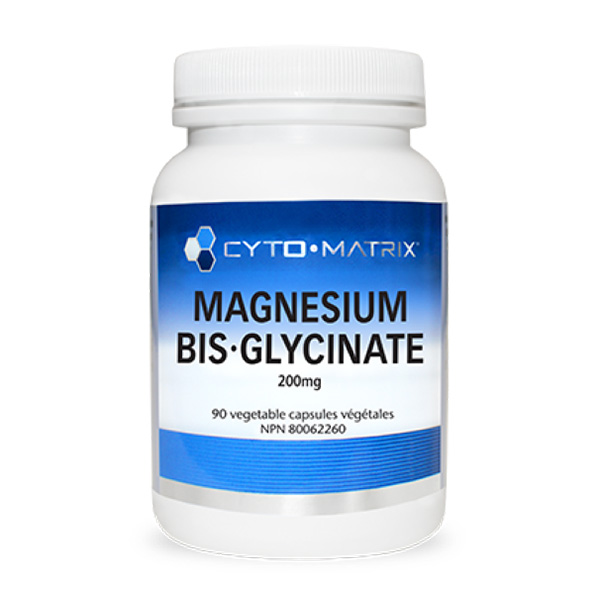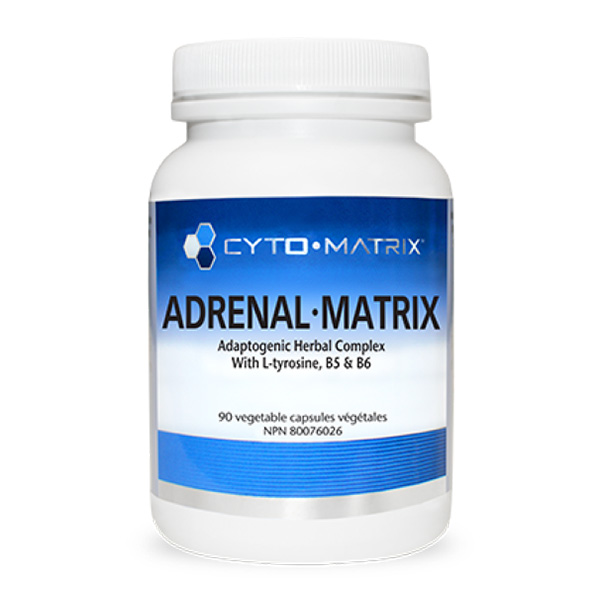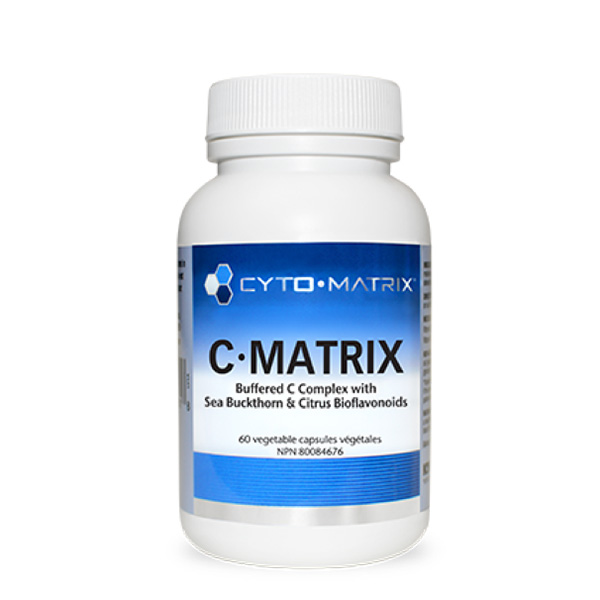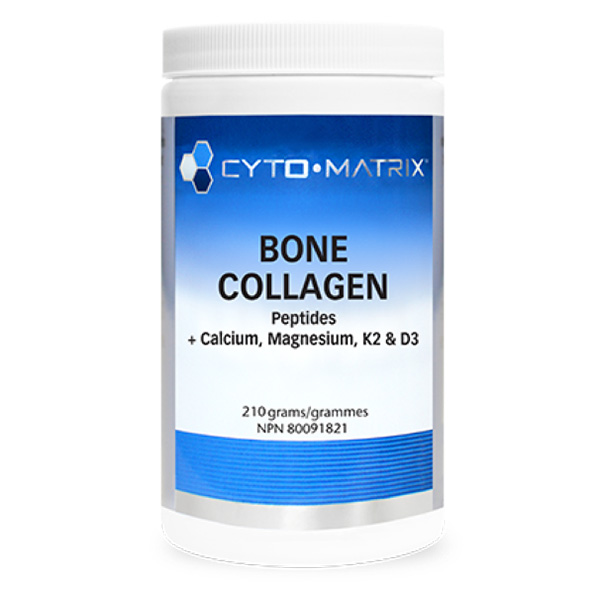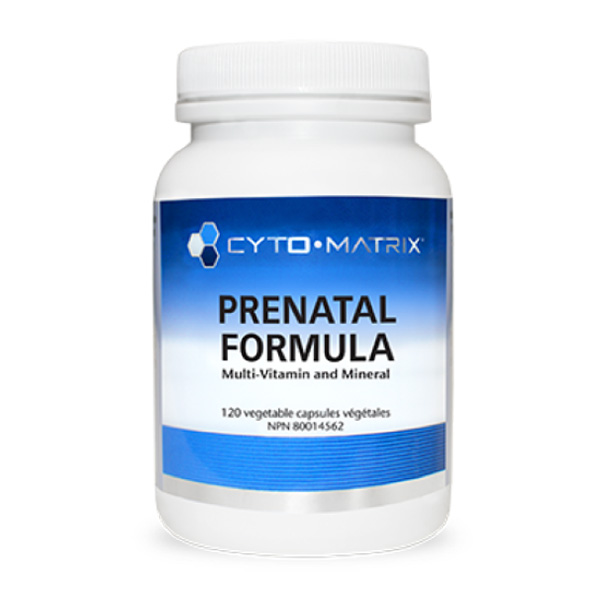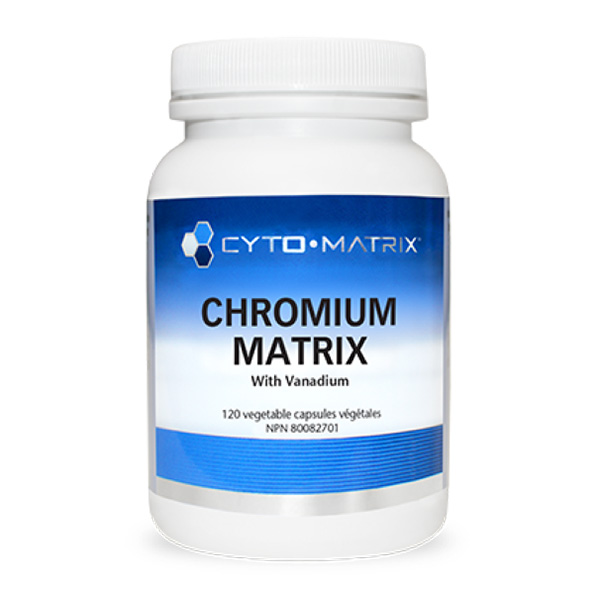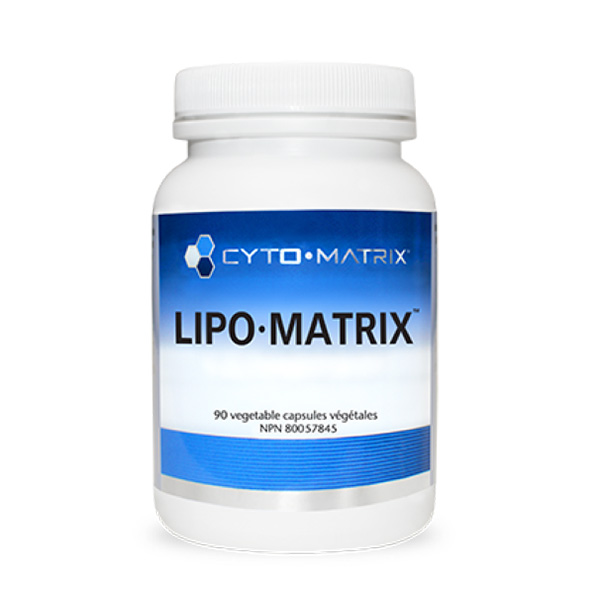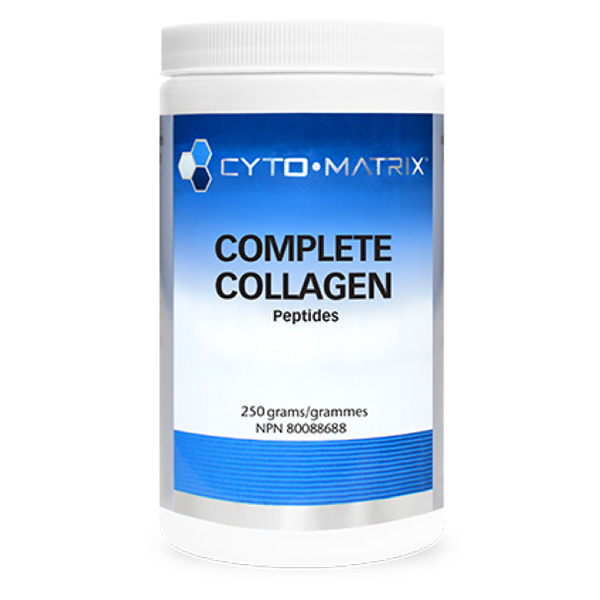- Terpenoids and polysaccharides derived from lion’s mane are neuroprotective
- Supports neurotransmitter synthesis including acetylcholine
- Supports the production of nerve growth factor (NGF)
- Adaptogenic and stress-protection
- May enhance memory and cognitive function
Restorative Formulations – Neuro-Protect Px
Neuro-Protect Px supports neuronal health and balances the neurotransmitters which have a positive effect on brain health, memory, and cognition.
The Vermont-grown, certified organic lion’s mane mushroom provides terpenoids (hericenones and erinacines), which cross the blood-brain barrier. Lion’s mane provides neuroprotection by supporting the production of nerve growth factor (NGF) activity, which is responsible for healthy nerves and supports myelin sheath generation.
Ashwagandha is an adaptogen and supports mental well-being. It has been shown to help support cognitive function and concentration. Preliminary research suggests that ashwagandha may be neuroprotective through mitigating the effects of stress and protecting the nervous system.
Technical Advances for Lion’s Mane
For over three years, Restorative Formulations has been partnering with mushroom growers to optimize the concentration of active constituents. We worked with the US Botanical Safety Labs to develop a testing method which enabled them to separate and quantify the various diterpene derivatives using HPLC chromatogram.
When tested against other leading brands, Restorative Formulations’ lion’s mane was found to have the largest variety of terpenoids (12 total) as identified by HPLC chromatography. In terms of quantity, only one competing brand A had any significant amounts of diterpene derivatives.
The most popular US brand E contains only mycelium and no fruiting body. It ironically contained no identifiable trace amount of any terpenoids.
Why Use Mushrooms Instead of Mycelium?
Our testing shows that fruiting bodies of mushrooms contain the highest levels of active compounds such as beta glucans and terpenoids. In contrast, mycelium, which is very inexpensive to grow, has low levels of beta glucans and virtually no traceable amounts of terpenoids, because it contains mostly starches like the rice that the mycelium grows on.


Two capsules, 1-2 times daily or as directed by your healthcare provider.
| Weight | 0.1 kg |
|---|
